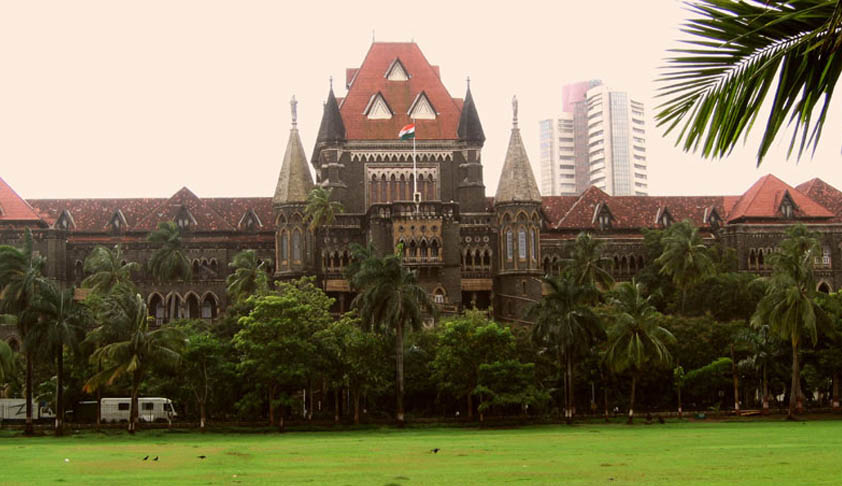Bombay High Court amends rules governing PILs ; PILs to turn costly
Ashok Kini
7 Aug 2015 9:42 AM IST

Next Story
7 Aug 2015 9:42 AM IST
The Bombay High Court has made an amendment to The Bombay High Court Public Interest Litigation Rules, 2010 which empowers the court, at its discretion, direct the petitioner to deposit a sum, by way of security deposit, in the court, which shall be subject to final or interim order of the court. The notification dated July 10 amended Rule 4, introduced a new rule 7A and added a clause (b)...
